The FGC consensus meeting ended successfully in January. On January 16, 2021, sponsored by Yan’an Jiutian Technology Co., Ltd. and shanghejia, supported by the SCO Secretariat and the SCO industrialist Committee Secretariat, and jointly organized by the SCO National Youth platform SCOLAR and the joint business cooperation center (UCBC Beijing) under the SCO industrialist Committee Secretariat, the SCO national youth business leaders’ meeting officially opened in Shanghai.
The grand occasion of the conference was unprecedented, and many political leaders attended the conference one after another. Among them, Vladimir norov, Secretary General of the Shanghai Cooperation Organization, and Sergey kanavsky, Executive Secretary General of the industrialists Committee of the Shanghai Cooperation Organization, successively delivered video speeches to celebrate the opening of the conference. Shen Huadi, member of the Standing Committee and deputy director of Jiading District Party committee, Sherali Zhuonong, Deputy Secretary General of Shanghai Cooperation Organization, Zhu Tao, deputy director of Shanghai Municipal Office of Internet information technology, counsellor of the Embassy of the Republic of Kyrgyzstan in China, Jack kourov Baker, permanent representative of Kyrgyzstan to the Secretariat of Shanghai Cooperation Organization, and luhman Ahmed, permanent representative of Pakistan to the Secretariat of Shanghai Cooperation Organization, The Deputy Ambassador of Tajikistan to China, the permanent representative of the Republic of Tajikistan to the Secretariat of the Shanghai Cooperation Organization, Muhammad yegamuzod, the Consul General of the Republic of Uzbekistan in Shanghai, masutov Aziz, and the general manager of the previous family, Li Zhizhi, all took the stage to deliver speeches.

During the conference, Hua NEISHI, general representative of NC Kazakh invest JSC Beijing Representative Office, Ying Jiwei, chairman of Shanghai Feijia Intelligent Technology Co., Ltd., and Yan Tongwen, vice president of China Academy of Management Sciences, delivered different keynote speeches respectively. In addition, in the “thought leaders” forum, professors from famous enterprises from many countries discussed two topics: “fragmentation of connection: integrating the e-commerce pattern of China and SCO” and “sharing is caring: how to open the channel of artificial intelligence and financial technology for regional development”.

The day before the meeting, the Huangpu River Yacht Fair has come to a successful conclusion. Politicians and industry celebrities from many countries gathered at the yacht fair to discuss the new development path of international e-commerce and the market prospect of international e-commerce.

Coincidentally, on January 17, 2021, the summit of SBC National Youth Business Leaders Conference and FGC consensus conference opened. All the distinguished guests attended the meeting, including Mr. Hong Ye, Secretary General of the youth business leaders Organizing Committee of the Shanghai Cooperation Organization, and Richard, representative of the ASEAN region of the international supply chain of the Shanghai Cooperation Organization Mr. Adrian, spokesman of the preparatory group of the international supply chain of Shanghai Cooperation Organization, Mr. Liu Xiaofeng, President of the operation of the FGC of the international supply chain of Shanghai Cooperation Organization, Mr. Zheng Yichang, deputy leader of the preparatory group of the FGC of the international supply chain of Shanghai Cooperation Organization, Mr. Yang Ensheng, spokesman of the FGC Business School of the international supply chain of Shanghai Cooperation Organization, Mr. Li Chuanqi, market representative of the FGC of the international supply chain of Shanghai Cooperation Organization Mr. Lin Jiulin and media representatives attended the meeting one after another.

Hitherto unknown as everyone knows, the novel coronavirus pneumonia epidemic has brought unprecedented impact to the world, as well as the Richard handrian, the ASEAN regional representative of the Shanghai international supply chain. Among them, the economy bears the brunt. According to the world bank’s forecast, the economy will shrink by 5.2% in 2020, and foreign direct investment will show a negative trend. By 2020, global foreign direct investment will be less than $1 trillion. Novel coronavirus pneumonia novel coronavirus pneumonia has caused great damage to the global economy, but for FGC, the new crown pneumonia epidemic also brings new opportunities. We believe that digital economy and cross border e-commerce will play a more and more important role in achieving economic growth after COVID-19, in rebuilding the world economy, enhancing economic competitiveness and improving the quality of life, thus contributing to the goal of sustainable development, and FGC will also contribute to it.
The digital asset FGC based on blockchain integrates the encrypted distributed ledger technology while token gold, providing the media for value storage and transfer in a seamless, efficient and low-cost way. At the same time, FGC innovation uses gold as collateral, FGC will be used as a unified token or single currency, allowing cross-border transactions between SCO member states, thus strengthening the SCO supply chain, promoting the rapid growth of multinational economy of alliance countries, and providing innovative solutions for cross-border currency circulation.
In addition, FGC, as a decentralized autonomous organization (DAO), builds a secure and anonymous gold trading platform by using smart contracts deployed on encrypted secure blockchain network and adopting blockchain technology, so as to create a perfect communication ecology of transforming physical gold into digital form.
Subsequently, the conference ushered in a wonderful theme sharing session. Mr. Hong Ye, Secretary General of the national young business leaders Organizing Committee of the Shanghai Cooperation Organization, delivered a keynote speech on “introducing the overall planning of the SCO and the attributes of FGC”. He said: due to trade differences, information asymmetry and other pain points, digital blockchain has a place to play. With the improvement of the public chain foundation and the perfect integration of the trade system and the technical characteristics of the blockchain, the use scenario of 100 billion digital currency is obviously promising. Payment system is bound to usher in new changes, and FGC is obviously the future payment system reformer.
At the meeting, Liu Xiaofeng, spokesman of the preparatory group for the international supply chain of the Shanghai Cooperation Organization, said: in different economic development cycles, investment methods are also different. Investment opportunities in the past range from bad guys, stocks to the Internet and real estate. Now, with the birth of blockchain technology, the decentralized trust mechanism is becoming more and more important, and the gold settlement of SCO is about to emerge. The existence of FGC has opened up a new direction for this road.

Lin Jiulin, the representative of FGC market in the international supply chain of Shanghai Cooperation Organization, introduced the FGC project to you at the conference. Relying on building a global community, he gradually gathered everyone’s consensus on FGC, so as to better serve users.
Yang Ensheng, deputy head of the preparatory group for the international supply chain FGC of the Shanghai Cooperation Organization, stressed the positioning of the government and government agencies and played their respective roles in different forms. FGC will also use advanced blockchain technology to compose a new movement in the future gold settlement system. It is also the only way to embrace legal compliance.
Mr. Li Chuanqi, spokesman of FGC Business School of international supply chain of Shanghai Cooperation Organization, introduced the application development of blockchain through the story of Rockefeller, and then analyzed the internal logic and commercial value of FGC. It is obvious that FGC is doing a great thing.
On the same day, the SCO secretary general and his party were invited to visit the FGC Industrial Park in Shanghai financial Valley and had in-depth talks with the person in charge of the park. Financial Valley is one of the key industrial parks in Shanghai. Its main goal is to develop Internet Finance and create an innovative inclusive financial brand.
Under the guidance of the person in charge, the party investigated and exchanged the development achievements and application scenarios of FGC public chain, discussed the construction of new infrastructure projects of blockchain, as well as the technical research achievements in the Internet of things and artificial intelligence, and said that FGC digital economy, as a new industrial form, not only has its own vigorous development vitality, but also can “empower” the real economy and become a driving force It is a strong driving force for China’s economic development.
FGC has strengthened the SCO supply chain, promoted the rapid growth of the multinational economy of the alliance countries, and provided innovative solutions for cross-border currency circulation. We believe that it will become the successor of bitcoin and even replace bitcoin as the mainstream token in the world.
With the wonderful sharing of the guests, the conference also ushered in the last part of the activity. The cocktail party marked a successful end to the conference. At present, FGC, as a new supply chain financial payment and clearing medium, has become the most powerful blockchain digital gold platform in the 21st century. FGC also adopts the general visa, master and UnionPay systems, which can directly exchange legal tender in different countries, and finally iterate the swift technology with new technology, or even replace it.
It is not difficult to see that FGC is bringing not only a feast of ideas, but also unlimited possibilities of future blueprint to the heavy guests present.














